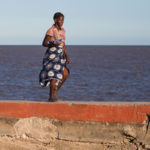
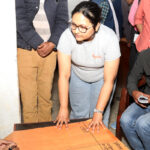
Khusbu Poudel, Ipas Nepal’s program coordinator for climate justice, gender, and sexual and reproductive health and rights, didn’t fully grasp the extent to which women’s and girls’ bodily autonomy is affected during climate crises until she joined Ipas two years ago.
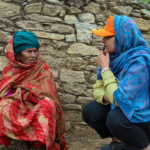
Amidst the majestic peaks of the Himalayas, Nepal faces a dual reality: breathtaking landscapes and formidable environmental challenges. Research by Ipas Nepal shows that beyond the snow-capped summits and lush valleys lies a quieter battle—one that adversely affects women’s health and rights.
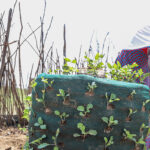
As climate change intensifies, its impact on sexual and reproductive health and rights (SRHR), is becoming increasingly concerning. However, there has been limited research on how this crisis specifically affects SRHR services and the health of vulnerable communities.

Ever since she was in college, Nisa Anisa, Ipas Indonesia’s climate change specialist, has been passionate about women’s issues.


Ipas Nepal is collaborating with women and girls, local health officials and community partners to ensure access to reproductive health care after climate disasters.
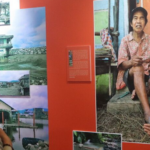
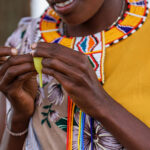
Menstrual hygiene and the climate crisis are intricately connected. Our research and programmatic experience have shown that as climate-induced extreme weather events such as droughts and floods increase, managing menstruation becomes even more challenging for women and girls worldwide.
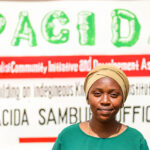
With a grant from Ipas’s Collaborative Fund, Abdiah Lalaikipian’s organization was able to make meaningful change in northern Kenya’s pastoralist communities. The Collaborative Fund approach involves designing by dialogue. Through a participatory process, we enable communities and Civil Society Organizations to design projects that best address their issues.
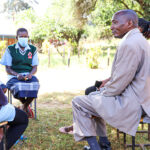
Entashata strives to bridge gaps in education, women’s rights, and reproductive health in his community in Loita. The organization’s commitment to education resulted in an annual campaign to enroll boys and girls in schools, boasting over 50 girls supported completing their secondary education.

Climate change is hitting Malawi hard. In recent years, torrential rains, destructive winds and mudslides brought on by a series of cyclones have had a devastating impact on the country’s people and its agriculture-based economy.
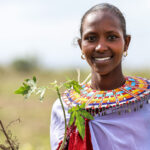
Ipas partnered with local group PACIDA to tackle the impacts of climate change on reproductive rights. The solutions—generated by the people most affected—are helping build resilient communities.
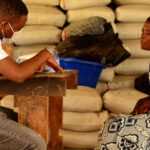
Around the world, recognition is growing that climate justice and reproductive justice are inextricably linked—and that effective solutions to the climate crisis require a focus on women’s rights and needs. Yet philanthropic support is lagging: Only 0.01% of global funding goes to projects that tackle both climate and women’s rights.

In the wake of tropical cyclone Ana, which has killed more than 80 people in Southern Africa, Ipas teams in Malawi, Mozambique and Zambia are preparing a coordinated response to ensure that reproductive health care, including access to postabortion care and contraception, remains available to women and girls affected by the storm.


